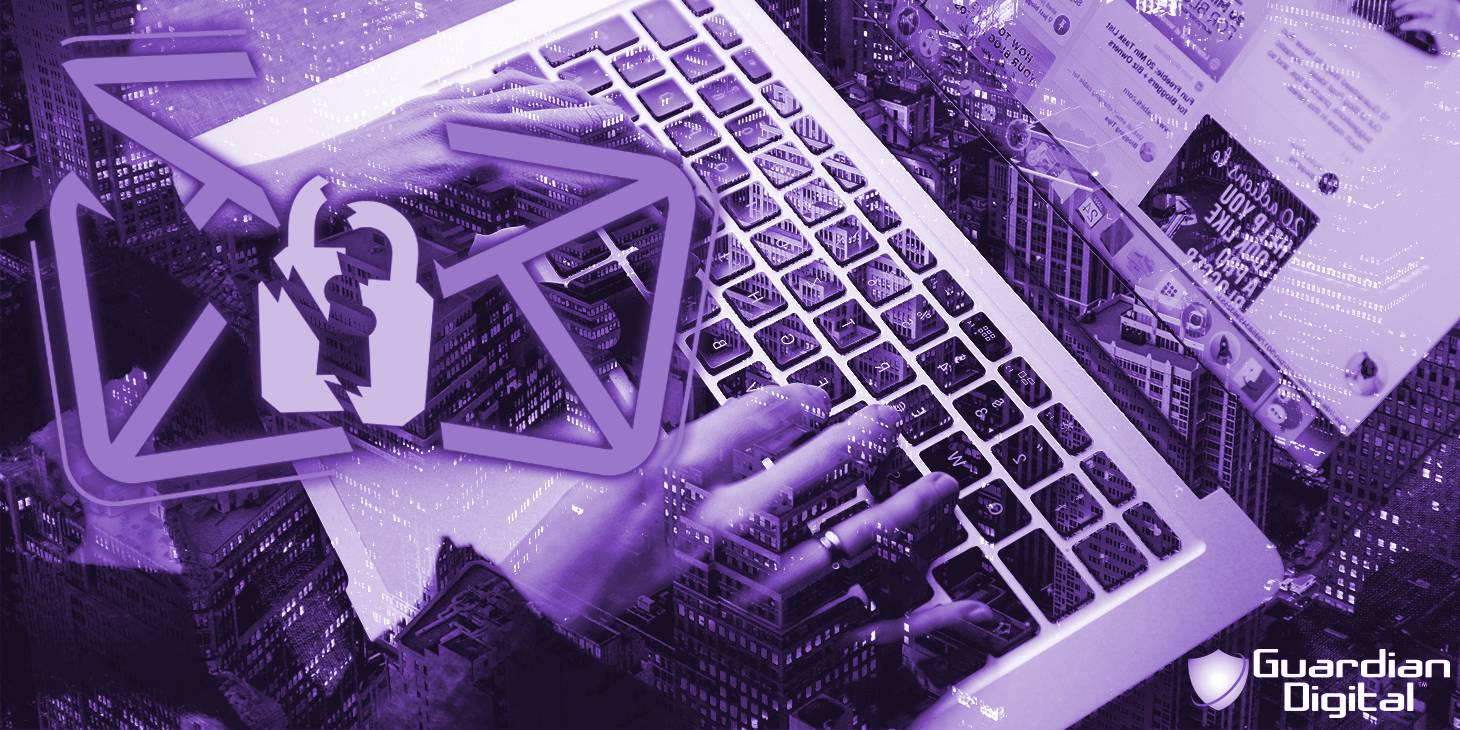Hacking Vs. Phishing: Which Poses The Greater Threat?

In today's interconnected digital world, the threats of hacking and phishing loom large, presenting significant risks to individuals and organizations. Cybercriminals have become increasingly adept at employing sophisticated techniques to exploit vulnerabilities and manipulate unsuspecting individuals as technology advances. Distinguishing between hacking and phishing is imperative to fully comprehend these threats' extensive and multifaceted nature and potential consequences.
What Is Hacking?
Hacking entails gaining unauthorized access to computer systems or networks through various techniques, such as malware, social engineering, and brute force attacks. Hackers, often driven by financial gain, personal vendettas, or ideological motivations, seek to exploit security vulnerabilities for various purposes. A notable example of a high-profile hacking incident is the Equifax data breach in 2017, where hackers exploited a vulnerability in the company's website, compromising the personal data of 147 million individuals. The aftermath of hacking can be severe, potentially resulting in financial loss, identity theft, and irreparable harm to an organization's reputation.
Hacking is a constantly evolving field driven by a relentless pursuit of technological knowledge and skill. Hackers often possess an intimate understanding of computer systems, networks, and programming languages, allowing them to exploit vulnerabilities that others may overlook. In some instances, hackers are driven by curiosity and the desire to push the boundaries of technology, seeking to uncover flaws and weaknesses in existing systems. However, hacking has a dark side, as some individuals use their expertise for malicious purposes, targeting individuals, organizations, and even governments. The underground hacker community constantly shares knowledge, tools, and techniques, making it crucial for individuals and businesses to stay one step ahead of these ever-evolving threats by implementing robust cybersecurity measures.
What Is Phishing?
Phishing, conversely, involves using deceptive tactics to trick individuals into divulging sensitive information, such as passwords and financial details. Phishing attacks are typically executed through fraudulent emails, websites, or messages imputing trusted entities and exploiting human vulnerabilities. A notorious phishing scam is the "Nigerian Prince" email, wherein the sender claims to be a wealthy individual needing financial assistance, luring victims into sharing personal information or sending money. Falling victim to phishing can lead to financial fraud, identity theft, and compromising individual and corporate data.
Phishing attacks often exploit individuals' psychological and emotional vulnerabilities, leveraging trust, fear, and urgency to deceive victims. The perpetrators meticulously craft fraudulent communications, emulating the appearance of legitimate entities and strategically timing their attacks to coincide with events that increase the likelihood of victim response, such as holidays or natural disasters. Furthermore, sophisticated social engineering tactics enable phishers to manipulate human behavior, leading individuals to disclose sensitive information or execute actions that compromise security unwittingly. This insidious combination of psychological manipulation and technical deception underscores the necessity of continuous vigilance and heightened awareness among digital users to thwart the ever-present phishing threat.
How Do These Threats Compare?
When comparing the threats, it is essential to consider the reach and scope of hacking compared to the level of sophistication involved in phishing attacks. While hacking can infiltrate robust security measures, phishing relies heavily on social engineering and exploiting human vulnerabilities. However, both threats carry substantial financial implications. According to the FBI's Internet Crime Report, phishing attacks resulted in over $54 million in losses in 2020, while hacking incidents cost individuals and businesses billions globally.
The personal and data privacy risks from hacking and phishing must not be underestimated. Once compromised, individual and corporate data can lead to long-term repercussions, including identity theft, reputational damage, and financial instability.
While both hacking and phishing pose significant risks, it is worth mentioning that the technical expertise required to execute successful hacking attempts is typically higher than phishing attacks. Hacking often demands a deep understanding of computer systems, network protocols, coding languages, and vulnerabilities, making it a more complex and specialized skill set. On the other hand, phishing attacks can be executed by individuals with lesser technical know-how, capitalizing on manipulating human psychology and exploiting the trust of unsuspecting individuals. This distinction highlights the importance of a multi-layered approach to cybersecurity, incorporating robust technical defenses against hacking and fostering a security-conscious mindset to recognize and combat phishing attacks effectively.
Keep Learning About Email Threat Protection
Acknowledging the severity of hacking and phishing threats in today's digital landscape is imperative. By understanding the differences and implications of these cybercrimes, individuals, and organizations can take proactive steps to protect themselves from falling victim to these malicious activities.
Robust cybersecurity measures, such as multi-factor authentication, encryption, and regular security awareness training, are essential safeguards in mitigating the risks posed by hacking and phishing. Moreover, heightened cybersecurity awareness combined with adopting best practices is critical to fortifying individuals and organizations against these pervasive digital threats and safeguarding our digital lives for the future.
In the ever-evolving landscape of cybersecurity threats, staying informed and continuously expanding your knowledge to protect yourself and your organization is crucial. A great way to enhance your understanding of cyber threats, including hacking and phishing, is to explore educational resources and stay updated with the latest trends and best practices. By immersing yourself in such resources, you can gain valuable expertise and the knowledge to identify, prevent, and manage potential cyber threats effectively.
Phishing Is Evolving
Other FAQs
- What Is Guardian Digital EnGarde Cloud Email Security?
- FAQs: What Are Some Examples of Malicious Code?
- How to Properly Scan Your Windows Computer for Malware & Remove Malware from Your PC
- What Should I Do if I Accidentally Clicked on a Phishing Link?
- FAQs: What Are Denial of Service (DoS) Attacks?
- FAQs: Why Outsource Businesses Email Security?
- What Is Domain Spoofing?
- What Are Insider Threats & How Can You Reduce Your Risk?
- The Silent Assassins: How Impersonation Attacks Target CEOs via Email
- How Can I Choose the Right Email Security Service for My Organization?